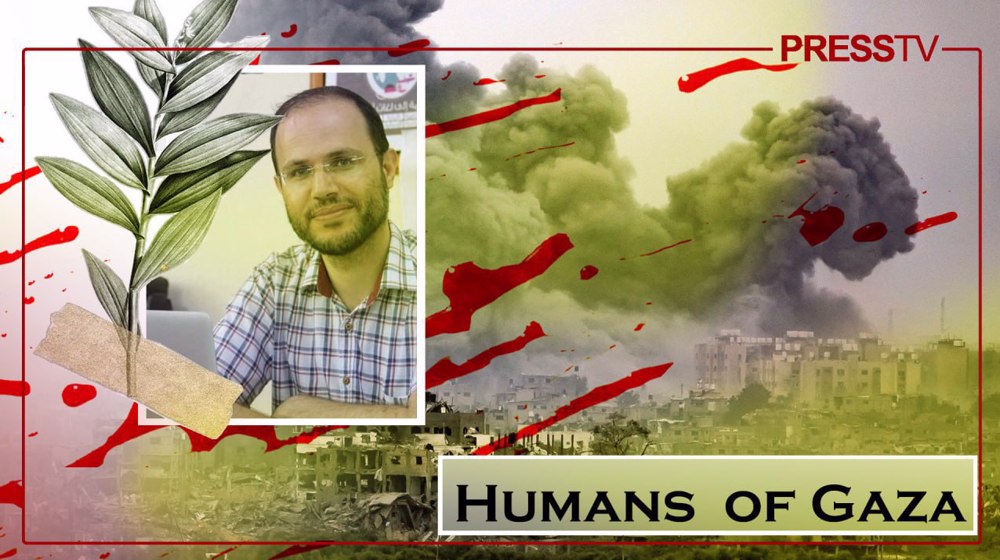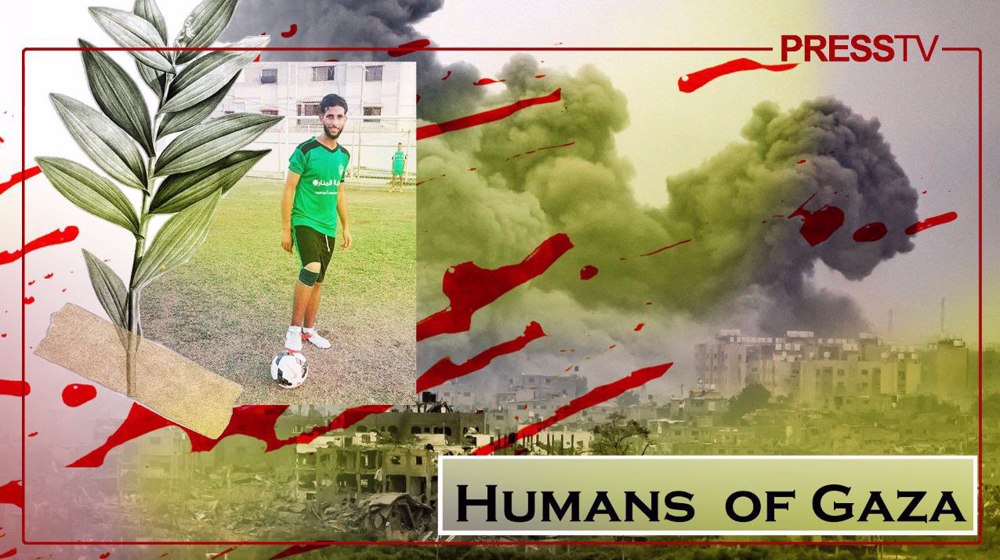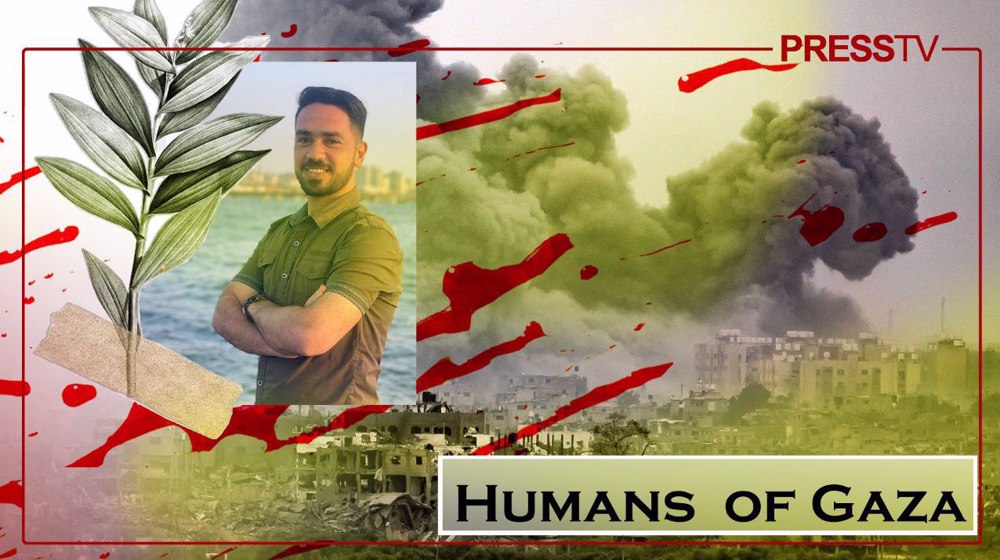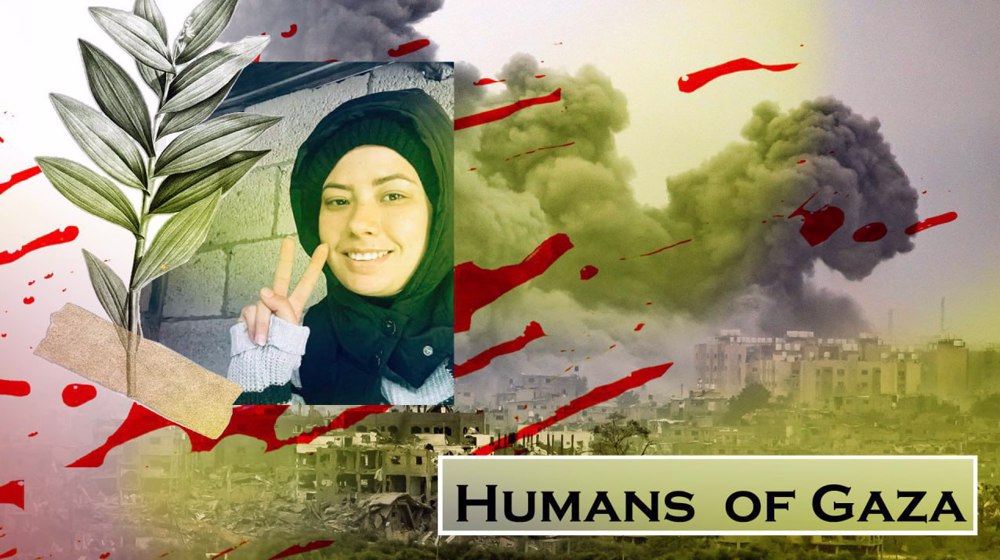Humans of Gaza: Refaat Al Araeer, a poet, professor and activist
By Humaira Ahad
“Gaza asks: When shall this pass?
It shall pass, I keep hoping.
It shall pass, I keep saying.
Sometimes I mean it. Sometimes I don’t.
And as Gaza keeps gasping for life, we struggle for it to pass
We have no choice but to fight back and to tell her stories.”
This is an excerpt from an anthology, Light in Gaza: Writings Born of Fire by Refaat Al Araeer.
The celebrated Palestinian poet, writer, professor, and activist was killed on December 7 when an Israeli airstrike pounded his sister’s home in Al Shujaiya, a district in southern Gaza.
The bombing also killed his brother, sister, and four of his sister’s children.
Al Araeer was a professor of world and comparative literature and would also teach creative writing at the Islamic University of Gaza.
Just two days before his death, Al Araeer wrote a tribute to the Palestinian resistance.
"More horrific Israeli bombardments…We could die this dawn. I wish I were a freedom fighter so I die fighting back those invading Israeli genocidal maniacs invading my neighborhood and my city."
Alareer was the co-editor of Gaza Unsilenced, editor of Gaza Writes Back: Short Stories from Young Writers in Gaza, Palestine and also a contributing writer for Light in Gaza: Writings Born of Fire.
The 44-year-old professor was also one of the founders of We Are Not Numbers (WANN), a non-profit organization launched in Gaza after the Israeli regime’s 2014 aggression.
The project was his way of resisting the concept of reducing the Israel-Palestine issue to mere statistics – defined by the number of Palestinians killed by the murderous regime in Tel Aviv.
"Numbers are impersonal and often numbing," the WANN website states, in an attempt to prevent the dehumanization of Palestinians by the occupying entity.
“Telling stories was my way of resisting. It was all I could do. And it was then [in the aftermath of Israeli attacks on Gaza in 2008-9] that I decided if I lived, I would dedicate much of my life to telling the stories of Palestine, empowering Palestinian narratives, and nurturing younger voices,” wrote Al Araeer in his book Light in Gaza: Writings Born of Fire.
The young poet, who was greatly loved and admired both in Palestine and outside, wanted his death to be turned into a story and carried to people, to the world, and future generations.
In a pinned post on his X account, Al Araeer wrote a poem that proved to be prophetic.
“If I must die
You must live
To tell my story
To sell my things
To buy a piece of cloth
And some strings
So that a child, somewhere in Gaza
While looking heaven in the eye
Awaiting his dad who left in a blaze
And bid no one farewell
Not even to his flesh
Not even to himself
Sees the kite, my kite you made, flying up above
And thinks for a moment my angel is there
Bringing back love
If I must die
Let it bring hope
Let it be a tale
Carrying the Palestinian resilience spirit, the famed writer refused to leave his city, and continued to write about his experiences while living under the regime’s brutal onslaught.
“I have had only 4 showers (as opposed to once or twice a day) in the past 56 days. And I am one of the lucky people in Gaza. There is a joke in Gaza— what’s the fastest thing in the world?! A Gazan taking a shower with cold water during Israeli bombardment,” Al Araeer tweeted on December 1.
In one of his last public interviews, the Palestinian poet vowed that, if necessary, he would die by the same pen through which he lived.
“I am an academic. Probably the toughest thing I have at home is an Expo marker. But if the Israelis invade and barge at us, charge at us, open door-to-door to massacre us, I am going to use that marker to throw it at Israeli soldiers even if that is the last thing that I would be able to do.”
Condolence messages for the “beloved Palestinian professor” poured in on social media after Al Araeer’s friends and students got to know about his brutal murder by the Israeli army.
“I am in tears and sick to my stomach as I write this…Rafaat Al Araeer embraced everything good and pure about Gaza and Palestine. He will not be forgotten….,” tweeted Dan Cohen, American journalist and filmmaker.
An eternal optimist with a smiling face who gave voice to Palestinians described his city beautifully in these lines:
“It is when darkness prevails that I sit by the window to look past all those electricity-free houses, smell the sweet scent of a calm Gazan night, feel the fresh air going straight to my heart, and think of you, of me, of Palestine, of the crack, of the blank wall, of you, of Mama, of you, of my history class, of you, of God, of Palestine—of our incomplete story.”
The Ministry of Health in Gaza has said that 17,177 people have been killed and 46,000 wounded since the regime started bombing the besieged strip on October 7.
Most of them have been young academics, doctors, poets, students, bakers, etc.
VIDEO | Internal rifts within Israel
Russia launches 'ICBM' for first time against Ukraine: Kiev
Scores killed as Takfiri terrorists target Shia Muslims in Pakistan
Pezeshkian to US, Europeans: You are killing women, children
VIDEO | COP29: another climate failure?
ICC issues arrest warrants for Netanyahu, Gallant for war crimes
Israeli strikes kill 88 Palestinians in northern Gaza
American voters plainly rejected complicity in Gaza genocide: Iran FM spox










 This makes it easy to access the Press TV website
This makes it easy to access the Press TV website